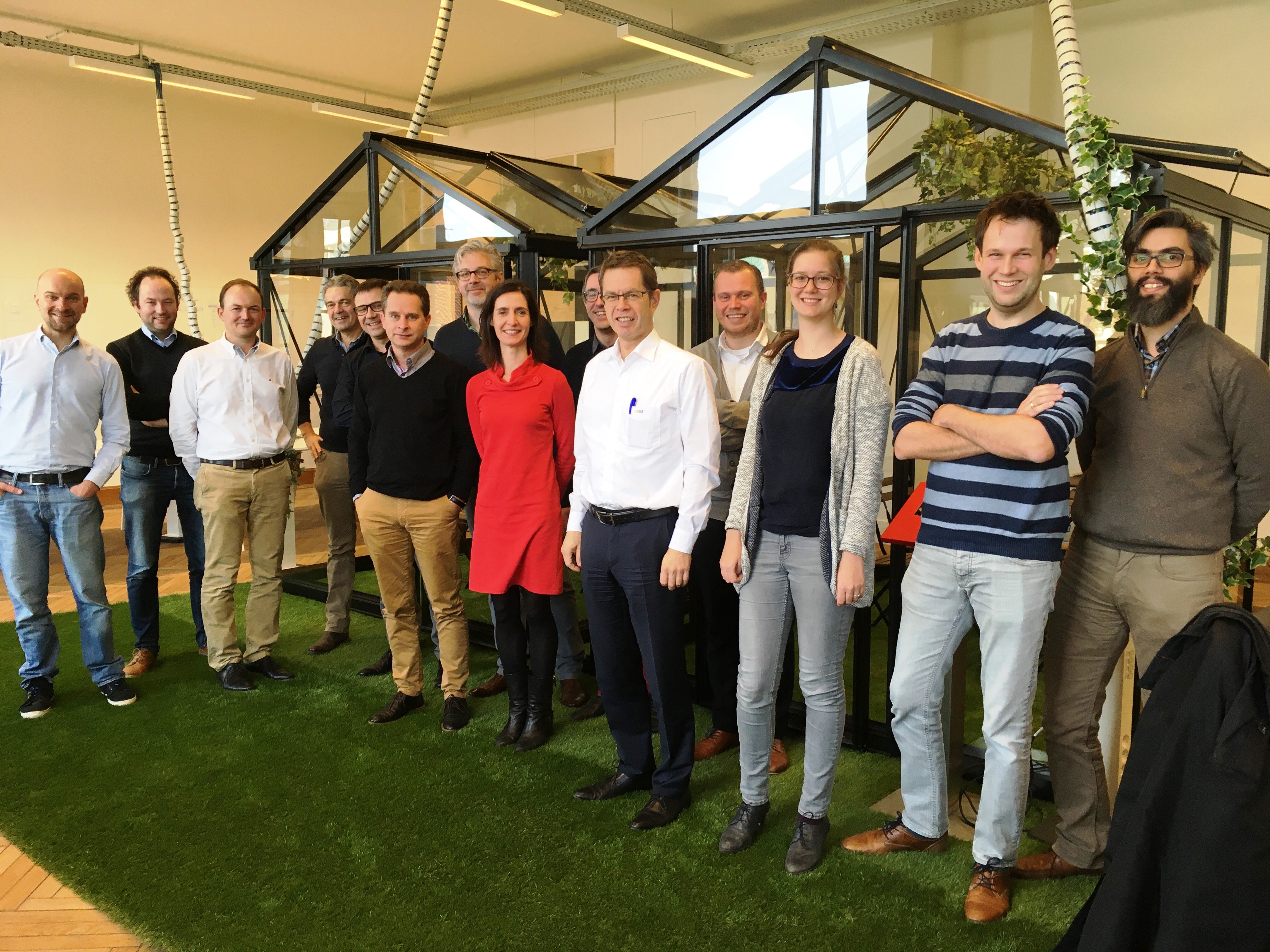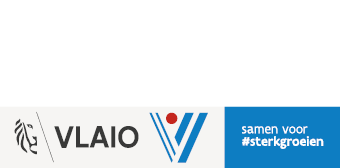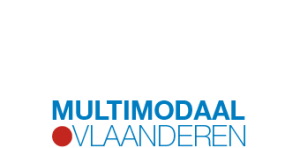IoT and urban logistics
VIL is investigating how the Internet of Things (IoT) and urban logistics can be brought together: based on practical cases from urban logistics, it is exploring what possibilities are offered by IoT and how we can make optimum use of them.
Ideal scenario
An ideal scenario: A delivery van is driving around the city. Based on the information available from a variety of sources (traffic, parking spaces, weather forecasts, supply of parcels, other vehicles, etc.), its route is constantly adapted to optimise time and load factor. The goods on board the van and the space still available are calculated continuously so that the consumer, the logistics service provider and other businesses can all factor this in.
Opportunities
The aim of this project is to demonstrate the added value of using the IoT based on specific applications relating to urban logistics: optimisation of delivery times (focus on interaction between shipper, logistics service provider and store/consumer), the delivery location (focus on data exchange between logistics service provider, store/consumer and urban infrastructure) and optimisation of returns.
The result: improved efficiency for logistics service providers and shippers, greater customer satisfaction and less congestion for the city.
















